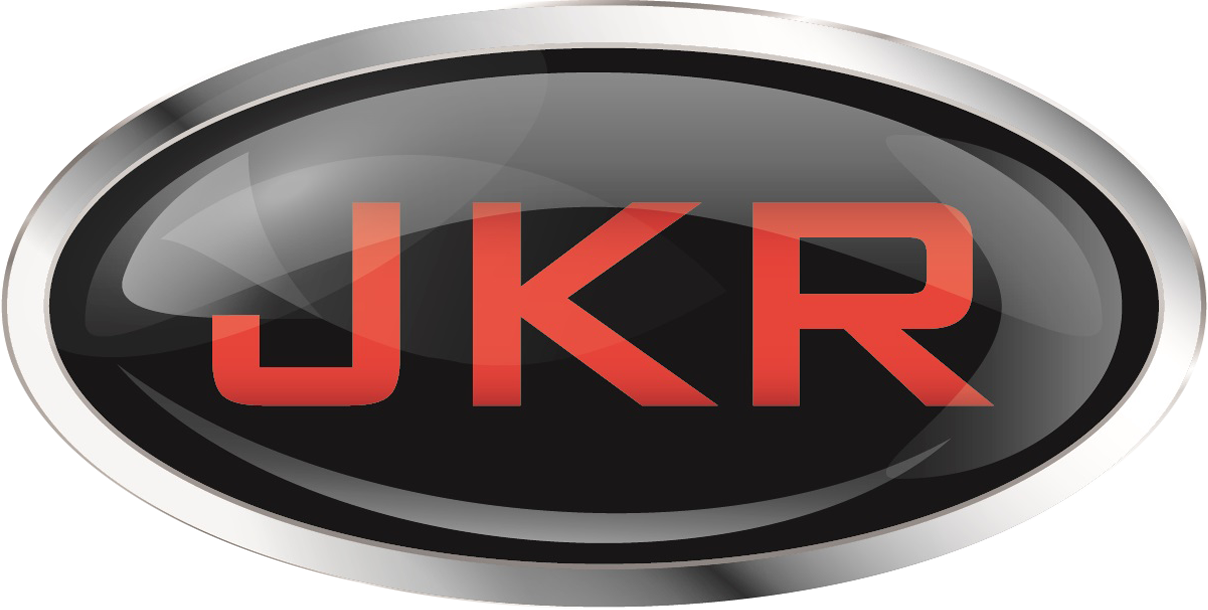Don’t Get Stuck in These Web Entanglements!
An automobile dealer’s Web site is an extension of their physical dealership facility and, as such, should not be viewed as any less important than other parts of your overall automotive advertising arsenal. Your website should be user-friendly and easy to navigate, allowing customers to quickly find the information they seek. It should also showcase your dealership’s unique offerings and highlight any special offers or promotions. Additionally, it should be visually engaging and provide potential customers with a sense of comfort and professionalism.
So how does a dealer make all this happen in a way that maximizes opportunity? It’s easier said than done, as there are a number of mistakes that can, quite frankly, cause an automobile dealer to lose out on additional business. Below are just a few.
The Pitfalls of a Flawed Plan of Attack
Flaw #1: Choosing to work with third-party Web site providers. With the belief that the convenience third-party vendors offer allows the dealer to focus on other things, it seems like a fine idea on the surface. But, not so fast! In doing so, they have voluntarily turned over control of their all-important virtual showroom to someone else; the very companies who are selling the exact same cookie-cutter Web template to your competitor down the street! Think about that for a moment. Do you really think these companies have your best interest in mind when you’re “just another client” to them? Worse yet, there is nothing that makes your Web site unique if it’s just like everyone else’s.
Flaw #2: Making a customer struggle with wasted time/multiple clicks to get to where they want to go. It is very simple; if you do this, they’ll leave your Web site. It’s inevitable, as we live in a world of instant gratification – and it might even be worse than you think. According to a study mentioned in this article by Microsoft, you now have only eight seconds to capture someone’s attention before they opt to move on. When you persuade a customer to go to your virtual dealership for a specific offer, this is a golden opportunity that must not be lost! The exact thing a customer is researching must be easy to find, with nothing deterring their efforts in any way.
Flaw #3: Don’t bog the customer down by insisting upon too much information from them during an online visit. Oftentimes, customers are resistant to giving out too much personal information online and, as a result, it can chase them away. In addition, so much can change – good or bad – between what they believe to be true after their Internet visit versus what really happens during their trip to your dealership facility. Keep your focus squarely on making the online experience as seamless as possible.
Flaw #4: Avoid excessive pop-ups. While you might think you’re helping things by providing potentially effective information or assistance with these pop-ups, you may very well be doing the opposite. And when a customer opts out of receiving further pop-ops, make sure this request is honored immediately or they’ll leave … immediately.
Flaw #5: Often, dealers don’t understand the special knowledge it takes to be in charge of their virtual dealership. If your Web site personnel don’t possess the requisite knowledge, you cannot optimize your online potential, no matter how well-laid-out it might be. It’s similar to your physical showroom. Even with the area’s most beautiful dealership facility, if you don’t have helpful, knowledgeable employees, eventually people will stop visiting you.
How to Avoid These Pitfalls
If you’d like to know more – including why the third-party Web sites that you pay $900-$1,500 a month for aren’t working, give us a call today at (321) 397-0777, and we’ll give you the full explanation.
JKR Automotive Advertising: We Move Cars.







